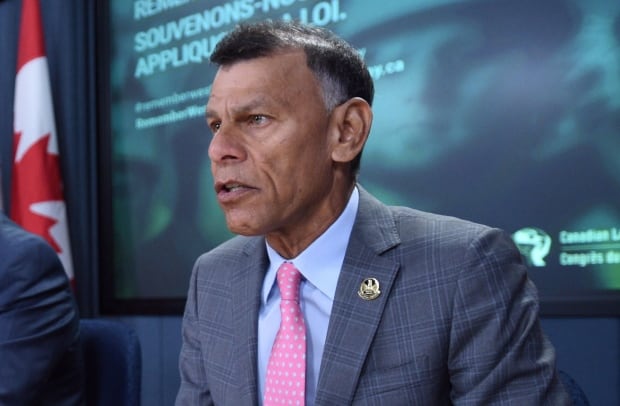But a CBC investigation based on the Paradise Papers leak has found that millions of ordinary Canadians also have an interest in money parked in tax havens — almost certainly without knowing it.
Seven of the country's so-called Big 8 pension funds, representing more than 25 million workers, have used tax havens as they invest Canadians' retirement savings, according to records in the huge leak of offshore financial documents made public last month.
This revelation underscores a delicate quandary. On the one hand, pension funds need to make enough money to ensure they can pay benefits to an aging population, and using tax havens for investments abroad can help the bottom line. But it raises questions about whether Canadians' retirement money is underwriting an offshore industry that undermines tax fairness and transparency.
The pensions' high-profile offshore dealings include the 407 Highway north of Toronto, which the Canada Pension Plan Investment Board bought a 40 per cent stake in — partly through an entity in Bermuda. Or the high-speed rail line from London, England, to the Channel Tunnel, which a pair of Canadian pension funds owned until earlier this year via a shell company in Jersey, a tax haven in the Channel Islands.
None of the pension plans would say exactly how much of their revenue is generated by investments through tax havens. In response to questions from CBC, almost all of them pointed out that Canada doesn't tax pension plans on their investment income, so their use of tax havens makes no difference to federal or provincial government coffers.
But other countries have different tax rules, and some Canadian pension funds acknowledged that offshore investment structures help them legally minimize their tax burdens abroad. Some even said it's their duty to do so in order to maximize savings available for retirees. (more...)
 |
| That's your pension, folks |

No comments:
Post a Comment